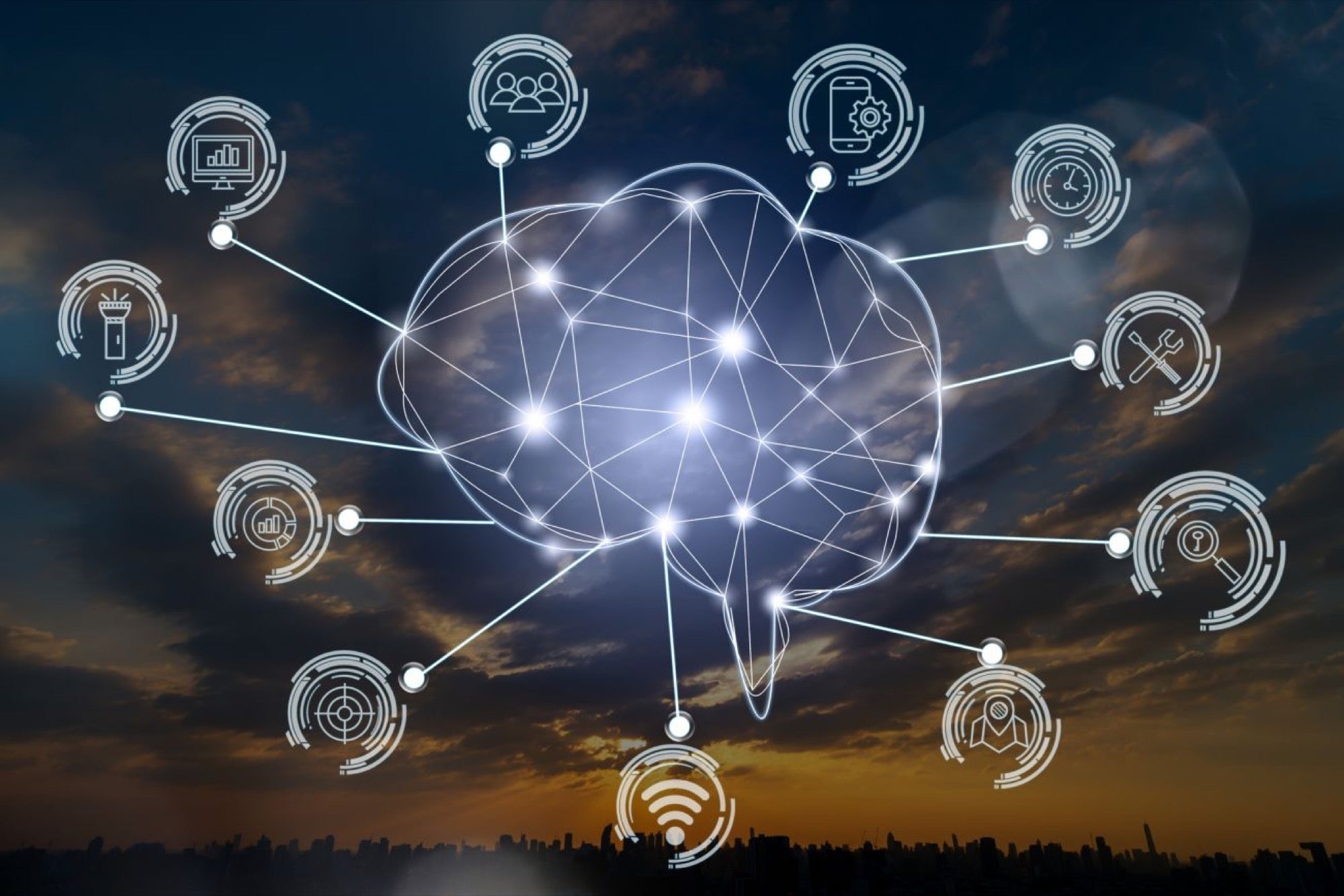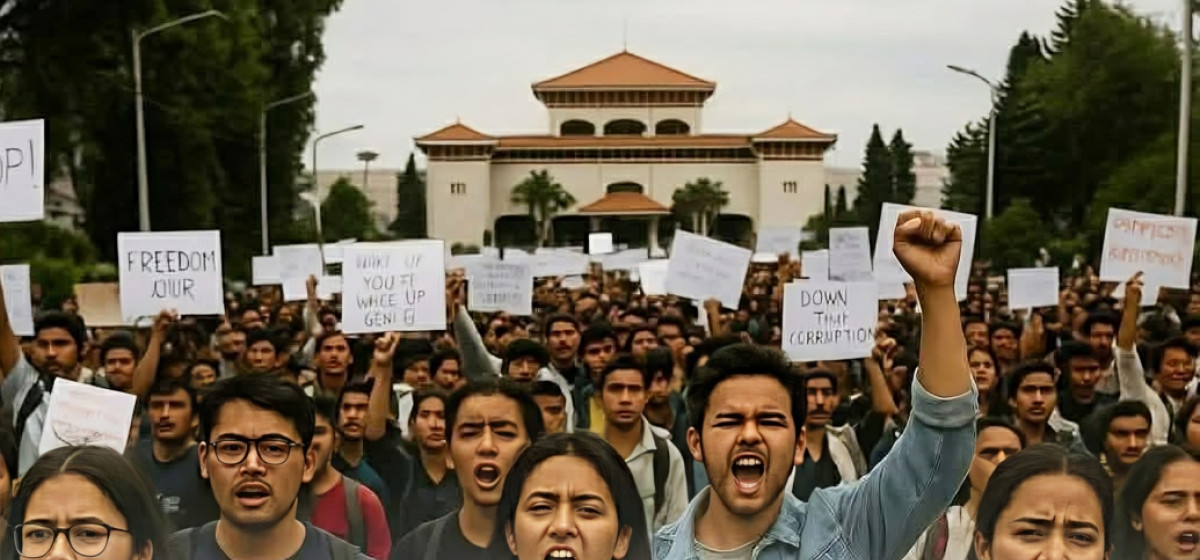
The Future of Work: AI and Automation to Cut 40% of Global Jobs
Introduction The rapid advancements in artificial intelligence (AI) and automation are transforming industries worldwide. While these innovations bring efficiency and progress, they also pose a significant challenge to the global workforce. Experts predict that nearly 40% of jobs could be displaced due to automation and AI-driven solutions in the coming decades. This shift raises concerns about job security, economic stability, and the need for workforce adaptation, making it a crucial topic for discussion on the United Economic Forum (UEF) portal.
The Driving Forces Behind Job Losses AI and automation have revolutionized industries by streamlining processes, reducing human errors, and improving efficiency. Several key factors contribute to the expected job losses:
1. Rise of AI and Machine Learning: AI-driven systems can analyze data, make decisions, and execute tasks faster and more accurately than humans.
2. Automation in Manufacturing: Robotics and automated systems have already replaced manual labor in industries such as automobile manufacturing and logistics.
3. AI-Powered Customer Service: Chatbots and virtual assistants are gradually replacing human customer service representatives, reducing the need for call center jobs.
4. Advancements in Self-Driving Technology: The transportation industry is facing a potential revolution with autonomous vehicles, impacting jobs such as truck driving and delivery services.
5. Digitalization of Administrative Work: AI-powered software is automating data entry, document processing, and even legal research, reducing the need for clerical jobs.
Industries Most Affected While AI and automation impact almost every sector, certain industries are more vulnerable to job cuts:
• Manufacturing: Automation has already led to significant job losses in factories.
• Retail: Self-checkout systems and AI-driven inventory management are reducing the need for human workers.
• Transportation: The rise of autonomous vehicles threatens the livelihood of millions of drivers.
• Banking and Finance: AI-powered analytics and trading algorithms are replacing traditional financial analysts and clerks.
• Customer Service: Chatbots and virtual assistants are handling customer interactions more efficiently than ever before.
The Need for Workforce Adaptation While AI and automation may displace jobs, they also create new opportunities. To mitigate the negative effects, governments, businesses, and educational institutions must focus on:
1. Reskilling and Upskilling: Workers need to learn new skills to adapt to the evolving job market.
2. Education Reform: Schools and universities must emphasize STEM (science, technology, engineering, and mathematics) and digital skills.
3. Job Creation in AI and Tech: AI itself is generating new roles, such as AI specialists, data analysts, and cybersecurity experts.
4. Government Policies and Support: Policies such as universal basic income (UBI) or retraining programs can help workers transition to new careers.
UEF’s Role in Shaping the Future of Work As a global economic platform, the United Economic Forum (UEF) plays a pivotal role in addressing the challenges and opportunities presented by AI and automation. By fostering discussions, policy recommendations, and collaborative efforts between governments and businesses, UEF can help drive initiatives that ensure a smooth transition for the workforce. UEF's commitment to inclusive economic development makes it an essential platform for strategizing solutions that balance technological advancement with workforce stability.
Related post
Most read
Latest world's most important and pressing issues
more
Comprehensive
Nepal’s Investment Climate: Challenges Overshadowing Potential
Sep, 30, 2025
Unitedforum

Comprehensive
Nepal’s Political Parties and the Shadow of Foreign Influence
Sep, 22, 2025
Unitedforum
Upcoming events

EVENT
World Ocean Summit & Expo
World Ocean Summit & Expo 2026, organized by Economist Impact, will take place from Wednesday, March 4 to Thursday, Marc...
Past events

EVENT
Franchise-Meet Europe- 2025
Franchise-Meet Europe 2025 is set to take place from July 12 to 14, 2025, at the FYCMA - Trade Fairs and Congress Center...

EVENT
IMEX Frankfurt 2025
IMEX Frankfurt 2025 is set to take place from May 20–22, 2025, at Messe Frankfurt, Germany. As one of the premier global...

EVENT
Global Youth Leadership Summit & Awards 2025
The Global Youth Leadership Summit & Awards 2024 is set to take place on 21-22 April, 2025, in the vibrant city of Malag...

EVENT
Agricultural Excellence Conference (AgEx 2024)
AgEx 2024, held November 19-21 in Abbotsford, BC, is Canada’s only national event dedicated to farm management and safet...


EVENT
Korea MICE Expo (KME) 2024
The Korea MICE Expo (KME) 2024 will be held from November 6-8 at Songdo ConvensiA in Incheon, South Korea. As the countr...

EVENT
IMEX AMERICA
IMEX America 2024 is set to be one of the largest gatherings for the global meetings, incentives, conferences, and event...







